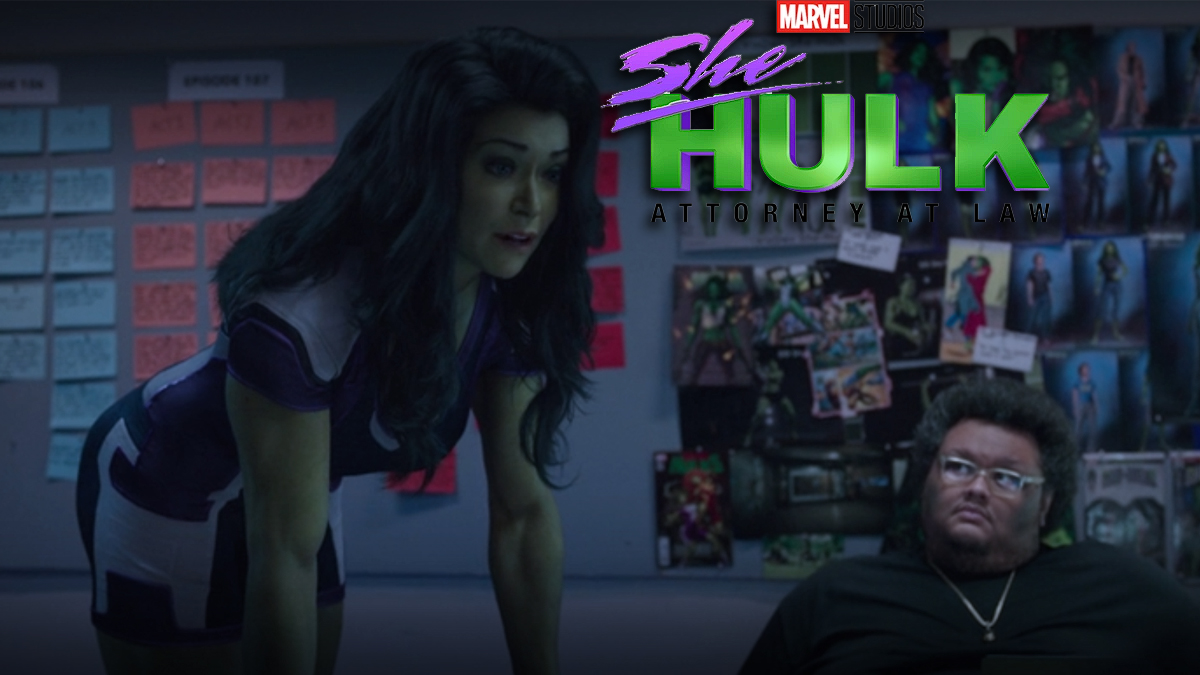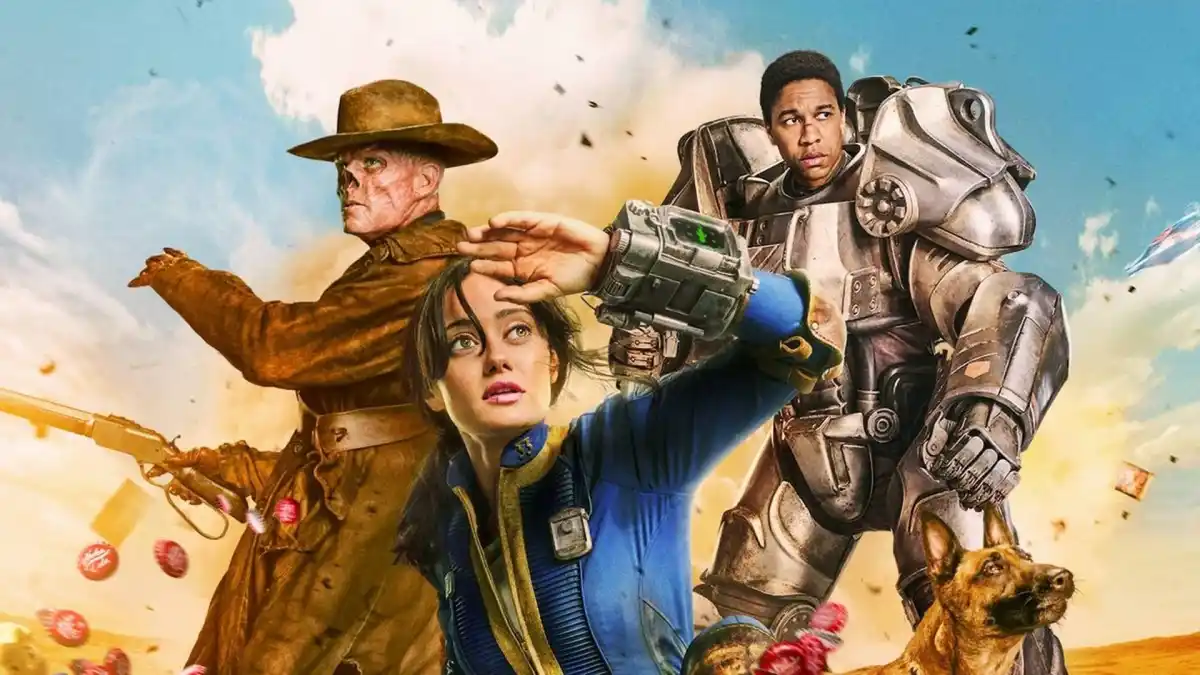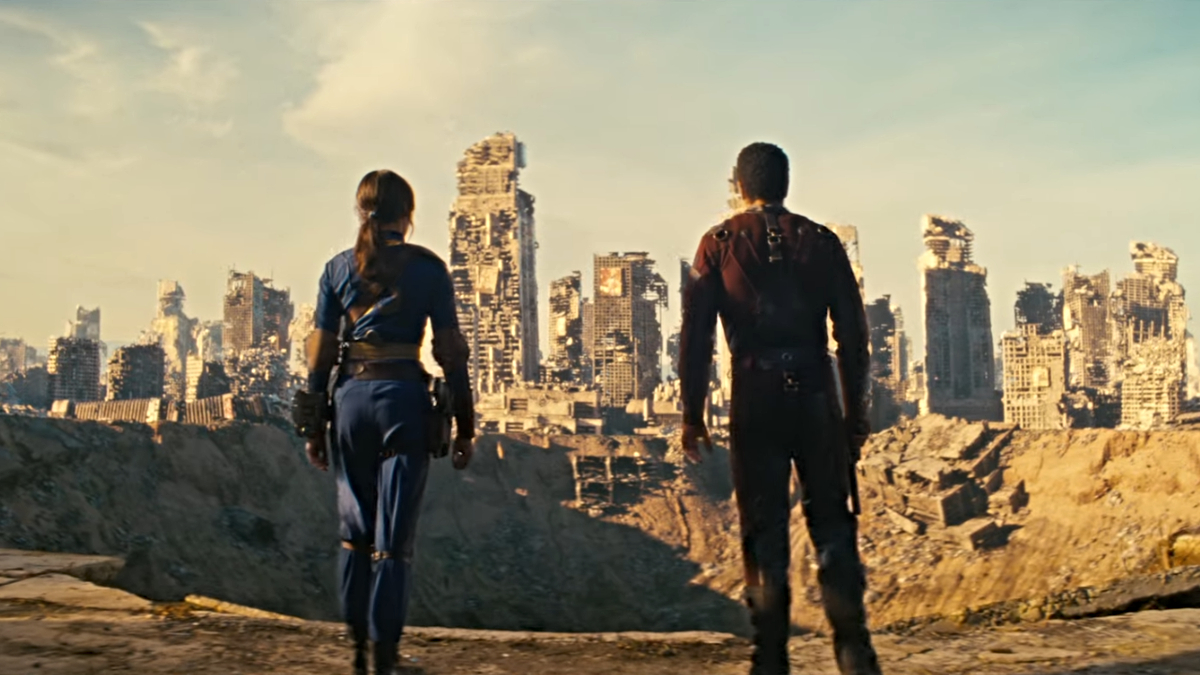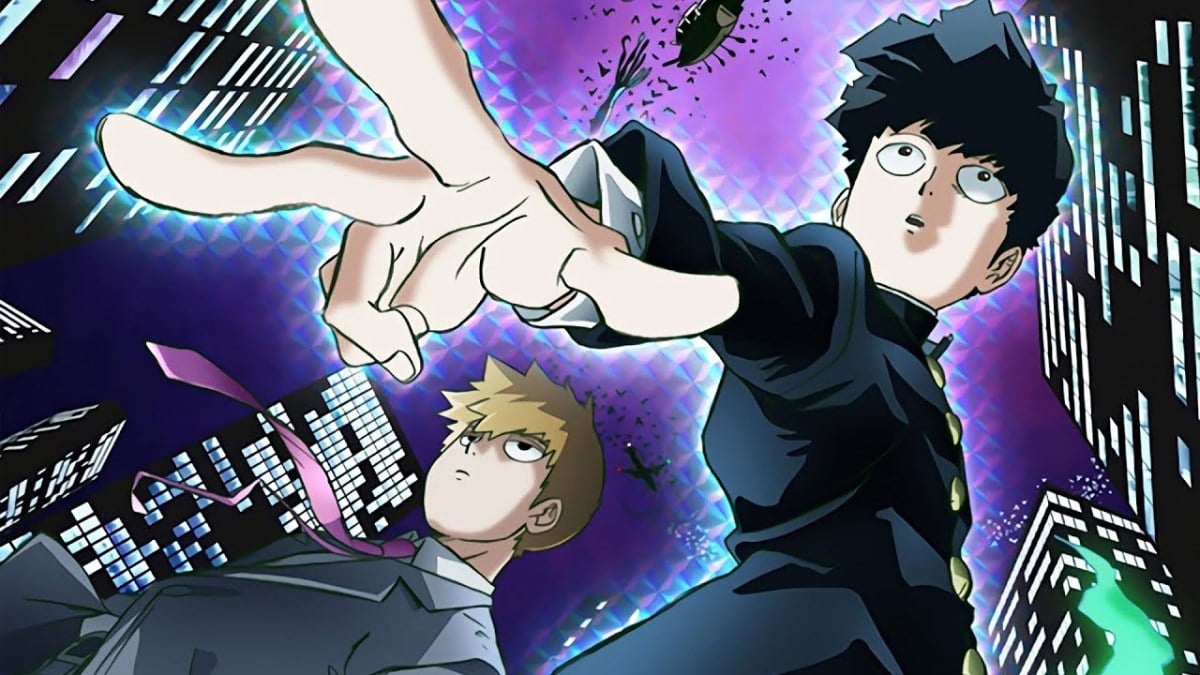***Major Spoilers for the Entirety of She-Hulk Below***
When the first She-Hulk trailer dropped, it was apparent it would be full of comedy and display of social challenges, such as She-Hulk scrolling through a dating app and then proceeding to carry a full-grown man to the bedroom. Despite the expected over usage of comedy in the MCU, I was excited to watch the show because, come on, it’s another Hulk. Who doesn’t love a good Hulk story?
There was never a question of whether or not the show should be a comedy. To me, comedy is quintessential She-Hulk.
Jennifer Gao
Unfortunately, the expected usage of comedy became excessive, even by MCU standards. This, and other small elements of annoyance, have rocketed She-Hulk to the top of my list in what appears to be the direction (or lack thereof) Marvel Studios is taking regarding its writing.
Before delving too much into what went wrong, let’s begin with the positive points of the show, as it does a great job highlighting societal problems, the challenges marginalized people face, and creating situations a viewer can relate to and learn from is always vital when writing. She-Hulk accomplished this by showing us the many issues women face in society professionally, socially, and emotionally.
Alongside this, some of the comedy was enjoyable and added a lighthearted feel that is sometimes needed. Wong’s back and forth with Jennifer in her office when they first met is a prime example of well-placed comedy and entirely in line with Wong’s character, and the performances by Tatiana Maslany and Tim Roth were also superb. Unfortunately, that is where the positive list ends regarding She-Hulk Season 1.
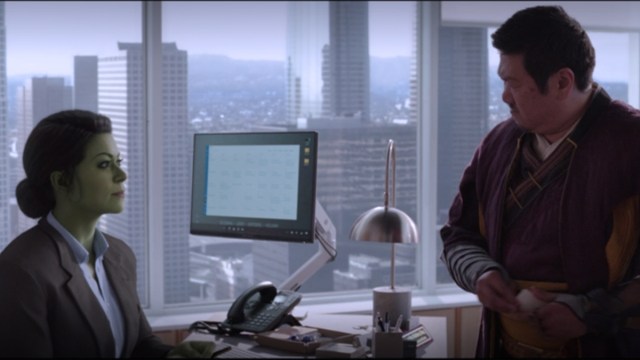
When writing in a genre, even the biggest auteur must remember the genre they are writing in. The DC Zack Snyder movies are a prime example of this. While extraordinarily divisive and polarizing, very few can argue that it did not remain grounded in the superhero genre, even if Snyder added elements fans disagree over and either love or hate. In this central tenant of writing is where She-Hulk fails. The story the writer wanted to tell was of more importance than the genre it is set in, and ultimately the genre takes a backseat to the writer’s ego.
She-Hulk is a superhero comic book show that is part of the larger MCU continuity; the character will undoubtedly interact with the rest of the players in the future, whether in a Disney+ series or at the theater. While giving these larger-than-life characters real-life problems and challenges is vital, making those issues the story instead of part of the story tends to pull the average superhero fan out of the enjoyment.
The problem is that She-Hulk doesn’t attempt to make this a superhero or a legal show. It haphazardly jumped around from one social issue Walters faced to another with each episode and sprinkled the fact she is She-Hulk and a lawyer on top like it was the last of the chocolate sprinkles in the shaker. She even tells us this in a fourth wall break in the finale “This isn’t even a reluctant superhero show. I’m just getting screwed over”;
While this is an interesting take, it would have felt more natural and enjoyable if there were more “reluctant superhero” liberally sprinkled with the challenges she faces. Perhaps giving her an actual supervillain to confront, along with these other challenges, would have helped. Unfortunately, proper villains in the MCU aren’t a new problem.
Throughout its more than a decade-long history, the MCU’s villains have been a glaring storytelling issue amongst critics and fans alike, as they are rarely more than a foil, made relatable and not truly bad, only to be discarded. She-Hulk tried to solve this problem by throwing out the supervillain entirely and replacing it by making society the show’s true villain.
Now, while everyone on this planet knows (or should know) that our society, while getting better, still has a long way to go in treating all people fairly, respectably, and equally, making society the antagonist for a superhero show means the writer has lost the point of the genre. It’s just weird there is no actual supervillain, especially given all the different possibilities for a main antagonist in the show.
Titania can not be counted as a villain because she was nothing more than a valley girl Instagram influencer with incredible strength, and Emil Blonsky was just shady but not really a villain. Eventually, we find out who the main villain is; internet trolls. Todd was the personification of these “villains” and the leader of the incel-like group, Intelligencia.
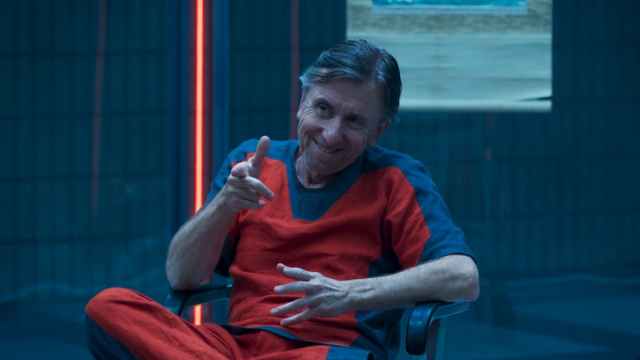
In our real world, misogynistic men like Todd are indeed villainous and deplorable, but they are nowhere near the threat level the heroes of the MCU face as primary antagonists. Sure he is Walter’s villain, but She-Hulk? I kept waiting for an actual villain like Samuel Sterns, aka The Leader, to show their face, and the trolls would be akin to the mini-boss, but it never came.
She-Hulk could not even entertain the concept of a supervillain like The Leader because it might overshadow the story Gao wanted to tell about Walters’ personal challenges, but it would not have been impossible. In Captain America: The First Avenger, the audience is given real-world villains, the Nazis, aggressors a patriotic Steve Rogers felt he had to confront. But the supervillain threat-level antagonists behind it was Red Skull and Hydra. Steve Rogers could punch Nazis all day, but as Captain America, fighting Red Skull is what makes it a part of the comic genre.
The Leader could have quickly filled the abovementioned role and made trolls like Todd look even more pathetic. Sterns could have been seeking Walters’ blood for any number of nefarious reasons and being the mastermind he is, and he could have easily manipulated a bunch of sorry trolls to both get the blood and defame Walters.
It also would have added a lot more context and intrigue to the Wrecking Crew – a huge plot point and a notable group of comic characters that fizzles out pretty quickly after being introduced. The social message and challenges women face would still have been on full display, but there would have been an actual supervillain for She-Hulk to confront, remaining true to the genre.
On top of Marvel’s villain issues, She-Hulk also highlights the ongoing comedy problem within the MCU. Humor is fine; comedy is needed in many situations to balance the seriousness displayed in a comic book show. When asked about comedy in an interview with Collider, Gao said, “That’s really the best you can hope for, when the actor comes in, and they totally get that this is just for fun and that this is their chance to take a break into comedy for a while. I call it a comedy vacation.”
If anything, the MCU has long been criticized for having too much comedy in all its films, long before She-Hulk was released; speaking as if the MCU lacked lighthearted and comedic situations to the point of needing a “comedy vacation” is remarkably tone-deaf and willfully ignorant. It was on clear display in the woeful Thor: Love and Thunder. The introduction of Jane Foster as the Mighty Thor was underplayed and diminished by the overly campy and forced injection of consistent comedic moments, making it feel more like an episode of The Big Bang Theory than a comic book movie.
Piggybacking on the comedy is the fourth-wall-breaking aspect of the show, which lent itself to much of the comedy mentioned above. In the comics, it served as more of a short comical pause between the issue’s plot. The show didn’t go off the deep end with this because many She-Hulk comics, primarily the John Byrne run, incorporated it.
However, in the comics, it wasn’t a running commentary or conversation with the audience like in the show. The show attempted to be like Deadpool but didn’t work as well as Deadpool, whose entire existence in comics is to be a comical parody. At the end of the series, it did not feel like Walters was talking to me; it felt like Jessica Gao.
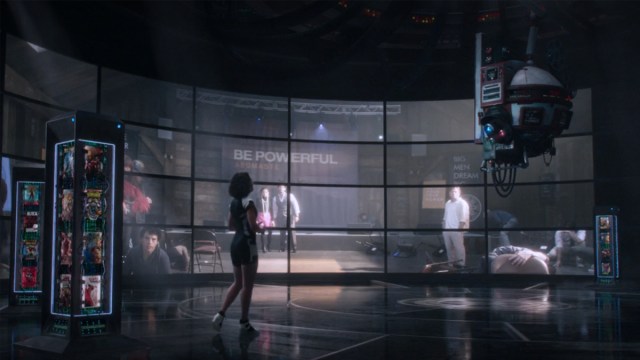
As the series finally came to a close, the finale went full bore into the fourth wall with She-Hulk going into the Disney+ menu to find the writers and then to find “Kevin,” as in Kevin Feige, President of Marvel Studios and the brainchild behind everything that is the MCU. Kevin is actually K.E.V.I.N. or Knowledge Enhanced Visual Interconnectivity Nexus, an A.I. It was almost as if they were boldly telling us what was mentioned at the start of this article, the lack of direction in writing.
Walters argues with the A.I. that her series ended all wrong and everything was about “the blood,” citing examples involving Captain America. She then attempts to engage and distract the fans with the fourth wall questioning of Feige regarding things like “mutants.” Which is ironic since being a mutant is also “in the blood.” All of this fails to hide the glaring fact most of her arguments were incorrect.
Considering large amounts of the MCU and heroes have nothing to do with the Super Soldier Serum, the writer’s seeming ignorance of all of this bleeds into Walter’s closing arguments on the problem with the universe. Most critics know the real issue is the aforementioned “villain problem” and the overreliance on comedy. Using this phantom “blood problem” in her fourth-wall closing argument seems wholly out of place and disingenuous. Almost as if to distract the viewer from the actual problem, which is the show itself, put on vivid display.
After this whole fiasco, the show ends with a dinner at the Walters’ family home, along with a smitten Matt Murdock, who literally appeared out of thin air, with literally no impact on the future of the MCU or any of the existing and evolving plot lines in other shows and movies. Oh wait, they introduced Skaar, Bruce’s son, who is introduced like a sticker slapped at the end. “I have someone I’d like you to meet; this is my son Skaar.”
The big reveal at the end of Skaar was the only attempt the show made to be a part of things in the future, but even then, it felt shoe-horned into the show and its events, especially since it had nothing to do with She-Hulk or Jennifer Walters.
The other cameos of Wong and Daredevil don’t even apply because they are not really themselves, instead playing more humorous roles in order to fit the mold of the tone of She-Hulk. Gao admits as much in the previously mentioned Collider interview, stating, “They’ll go back and be serious and save the world in the movies, but on our show, they get to just play around in our tone and have fun with it.”
She-Hulk: Attorney at Law made no attempts to be a part of the MCU and the comic genre. Instead, it casually used the genre as a literal and figurative skin to tell a green-tinged Ally McBeal/Sex in the City mashup set in the 21st century. Could it be classified as fun? Of course, and while there is nothing wrong with that kind of story, and it has an audience, it is not the bulk of the audience the MCU has built over the past decade and lends veritably nothing to its future.

